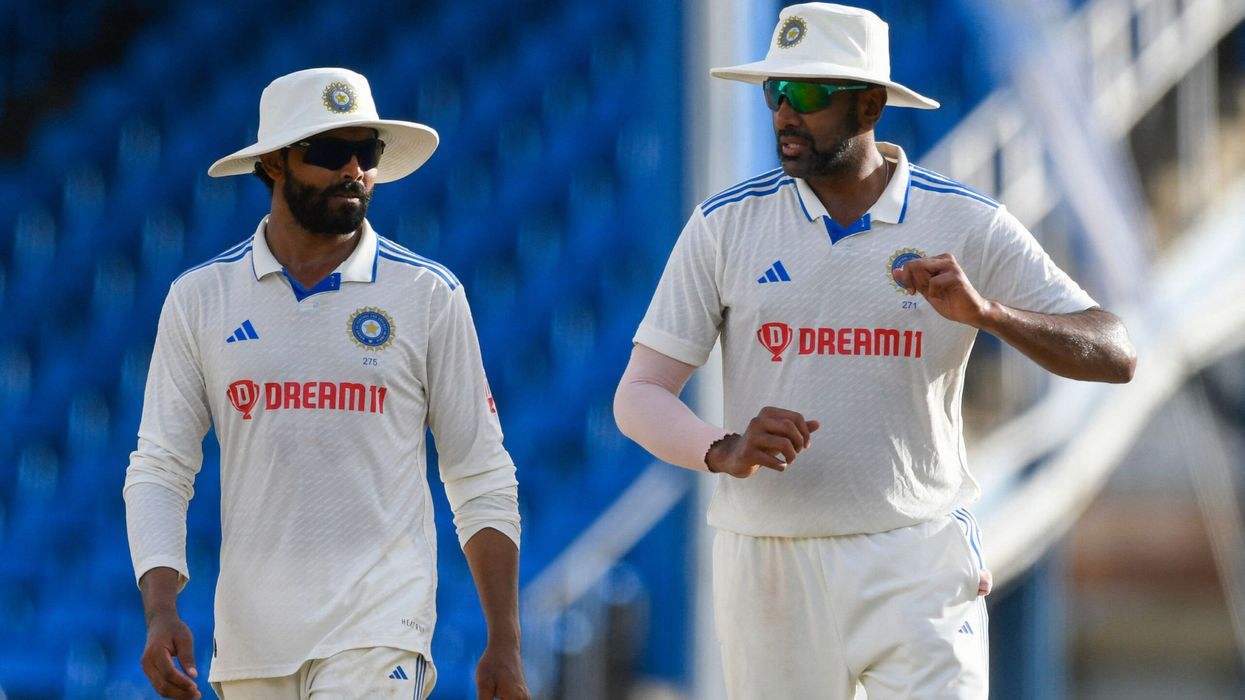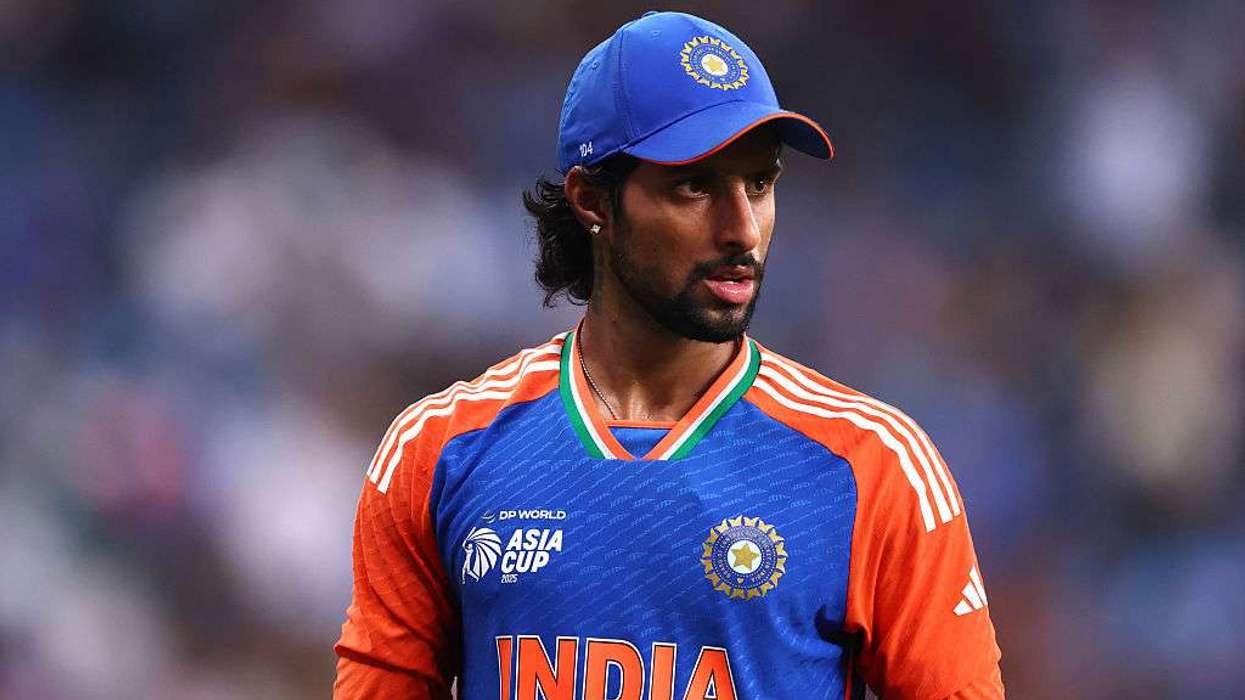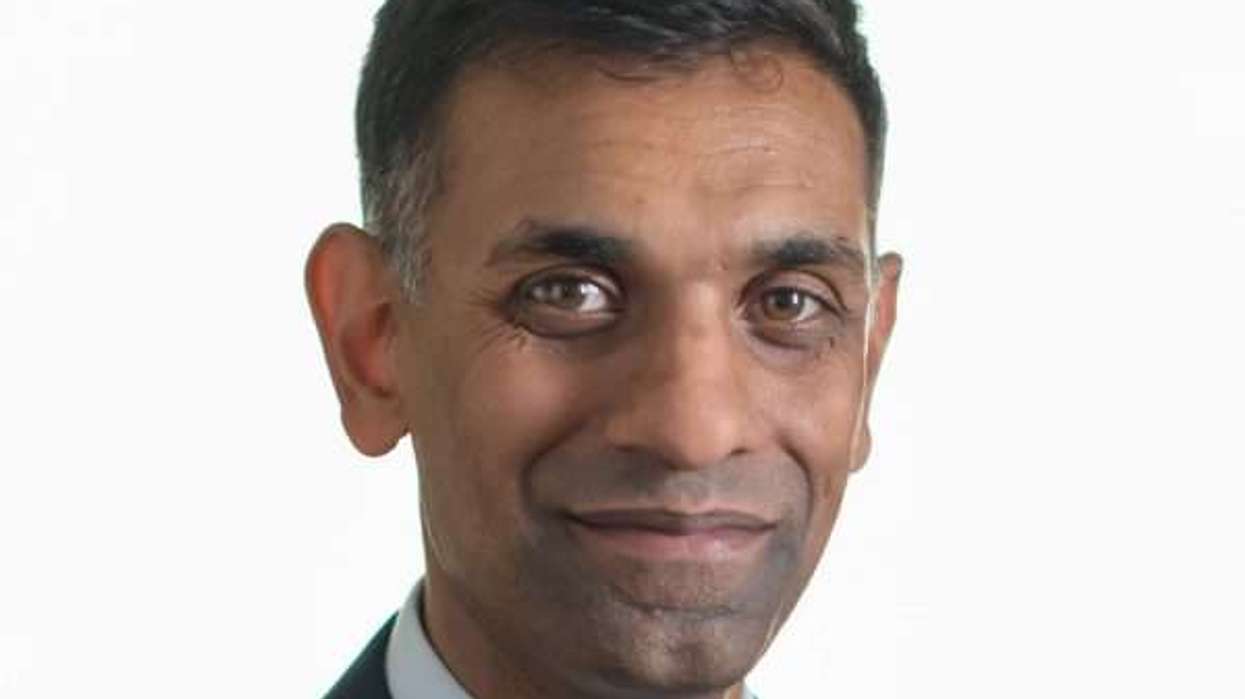RAVICHANDRAN ASHWIN claimed six wickets after a first-innings century with the bat to inspire India to a 280-run thrashing of Bangladesh in the first Test on Sunday (22).
The visitors arrived in Chennai in confident mood following a historic victory in Pakistan but they were no match for an Indian team for whom Rishabh Pant celebrated a triumphant return from a serious car crash.
Bangladesh have still never beaten India in Tests in 14 attempts, losing 12 and drawing two.
Bangladesh were bowled out for 234 in the first session of an overcast day four while chasing a victory target of 515.
Skipper Najmul Hossain Shanto top-scored with 82 after he and overnight partner Shakib Al Hasan resisted in a 48-run partnership, Bangladesh having resumed the day on 158-4.
The hosts took an emphatic 1-0 lead in the two-match series as they look to extend their advantage at the top of the World Test Championship rankings.
"It was a great result looking at what lies ahead," skipper Rohit Sharma said after India made an ominous start to a fresh Test season of 10 matches.
Hometown hero Ashwin struck first to end a stubborn overnight stand by getting Shakib caught at short-leg for 25.
The spinner, who took three wickets on day three, then dismissed Mehidy Hasan Miraz for eight to bag his 37th five-wicket haul, equalling the late Shane Warne.
Muttiah Muralitharan remains well out in front with 67.
The feat added to Ashwin's heroics after his 113 guided the hosts to 376 in the first innings.
"He's always there for us over the years," Rohit said of the 38-year-old warhorse, who was named man of the match.
"I don't know if I speak here (that) it'll be enough to cover what he does for the team. He looks like he's never out of the game."
Left-arm spinner Ravindra Jadeja removed Litton Das for one after the wicketkeeper-batsman edged the ball to Rohit at first slip.
Jadeja also ended Najmul's valiant stand and took three wickets for the innings.
Spin twins Ashwin and Jadeja had played a key batting role in the first innings when their 199-run seventh-wicket stand lifted India from a precarious 144-6 to a challenging total on the first day.
India declared their second innings at 287-4 on day three after centuries from Shubman Gill, who hit an unbeaten 119, and the returning Pant, who made 109, flattened the opposition.
Gill and the left-handed Pant, who was playing his first Test since a serious car crash in December 2022, put on 167 runs for the fourth wicket.
"I just enjoyed batting and got a little bit emotional," Pant said of his celebration after his sixth Test ton.
"But at the end of the day, being in the field gives me more pleasure than anything else."
The Test was Virat Kohli's first since the birth of his second child made him miss India's 4-1 victory over England at home this year. Kohli scored just six and 17.
The home bowlers led by Jasprit Bumrah handed India an early advantage after they bundled out Bangladesh for 149 in their first innings.
Bangladesh have to work on their first innings batting ahead of the second Test, said skipper Najmul.
"Top of the order we have to be careful and put some runs, that is one learning from this match. Going forward all the batters think that they can come back."
Bangladesh pace bowler Hasan Mahmud claimed five wickets in the first innings and reduced India to 34-3 in the first hour of play.
The two teams now head to the northern city of Kanpur for the second Test starting on Friday (27).
(AFP)





